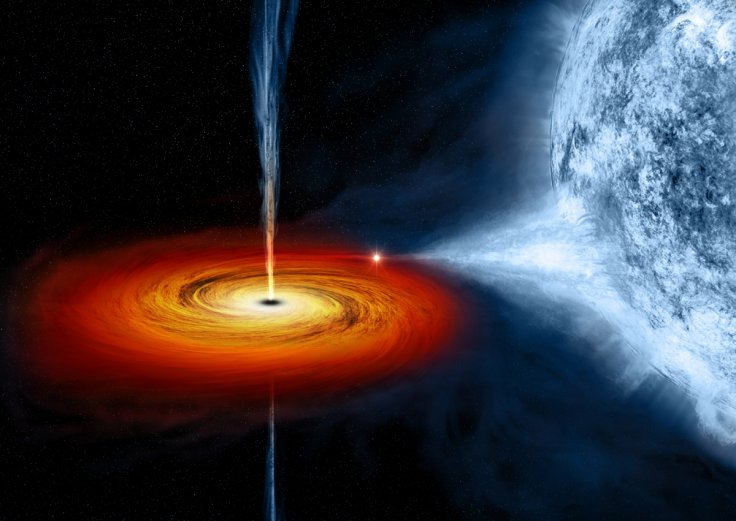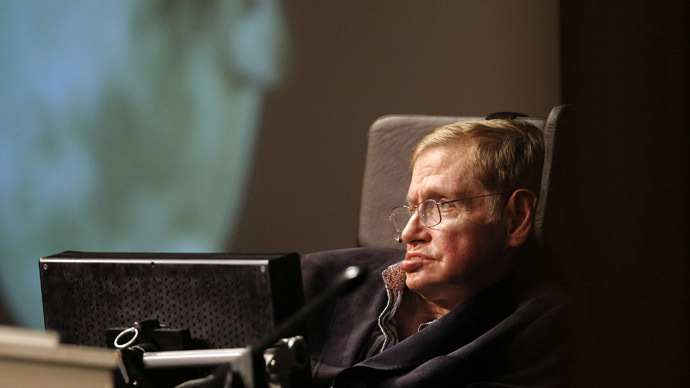
Professor Stephen Hawking has passed away on Wednesday, March 14 but his contribution to modern cosmology and physics has left his legacy behind. But he raised an unsolved question and that is, "Can information really be lost to the universe?"
Hawking published his study on the black hole concept in 1974, called "Black Hole Explosions?" Even though many physicists had previously understood the black holes, Hawking's research has made them alive.
Robert McNees, a physicist at Loyola University in Chicago told Live Science that a black hole should be 'perfectly cold' in the sense that it absorbs everything but emits nothing. This is how they were understood in the early 1970s. Professor Hawking said that a black hole would not radiate energy and no matter is capable to escape from the black hole.
McNees said that in the 70s, when Hawking considered quantum mechanical effects, he found that black holes should, in principle, radiate as if they were "thermal objects with a temperature."
"If they radiate energy then their mass will decrease. And he found that as this happens, as they shrink, their temperature goes up and they radiate even faster," said McNees.
So, black holes can shrink and get transferred into a small lump or even disappear. But the final stage of black hole evaporation still remains a mystery.
McNees said that the radiation is perfectly thermal and "It doesn't retain any information about the state of the material that formed the black hole, and this would violate a fundamental rule in quantum mechanics."
Quantum physics needs that the entire future and past of every particle should be possible to figure out and should be linked through a series of "causal, chained, probabilistic" events. But if a black hole releases not so different particles with their information, then the requirement is "fundamentally broken".
Physicists call this the 'black hole information paradox,' and several attempts to resolve it have driven much of the "work in quantum gravity since it was first articulated," McNees added.

Professor Hawking will be remembered for his contribution to shaping modern cosmology. But "A Brief History of Time," is considered the book of his most important scientific work. He continued to produce many controversial scientific papers, among them the most dramatic study included black holes, their existence and many other aspects.
"Information Preservation and Weather Forecasting for Black Holes," was published in 2014, where he suggested that the "event horizon" around black holes which restricts light to pass, actually doesn't exist. But he wrote, there is an "apparent horizon" of trapped light, which could fade away and allow the light to pass.
Hawking wrote: "The absence of event horizons mean that there are no black holes — in the sense of regimes from which light can't escape to infinity."
In 2016, the late scientist published a paper with the University of Cambridge physicist Malcolm Perry and Harvard University physicist Andrew Strominger, which was called "Soft Hair on Black Holes."
The team of brilliant researchers argued that black holes are surrounded by zero-energy particles, what they named as hair. It stores the lost information, released by a black hole on "holographic plates" beyond the boundary of black holes. So the displaced information was actually never lost inside the black hole.
The new study stated that a complete description of the "holographic plate and resolution of the information paradox remains an open challenge."
In addition to that McNees said the 2014 paper was not widely accepted but the 2016 study prompted many to work on it still.
"The black hole information paradox has been one of the defining questions for people working on quantum gravity. And, as it remains unanswered, I think it remains the most interesting question that (Hawking) raised," he concluded.









